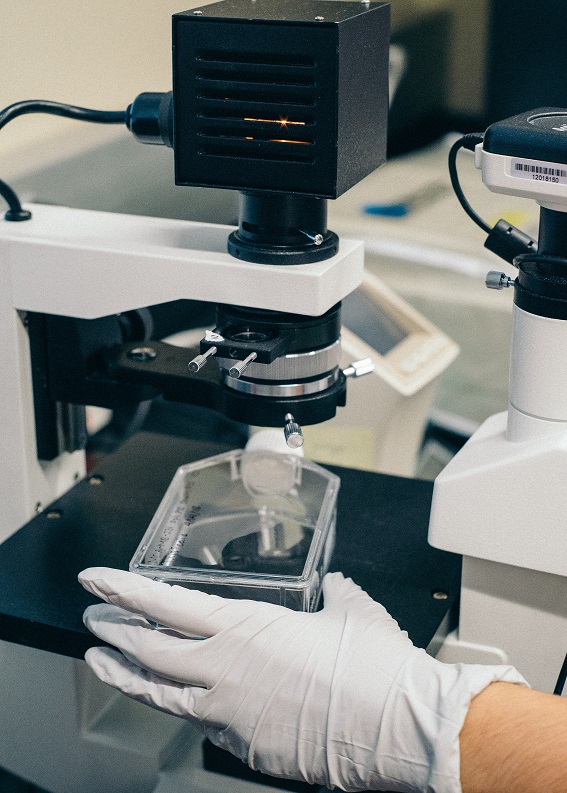NHS Scientist Training Programme - Tips for the Application Process
The application window to this great scheme has now opened. The Scientist Training Programme (STP) is a three year programme with both work – based and academic learning. Are you interested in learning more about the scheme? Then have a look here. Deadline is Friday 8th February. Our colleague Saiyada recently also delivered an excellent webinar covering the scheme.
Scheme is open to anyone studying pure or applied science, and that also include specialisms relevant for students studying Sport and Exercise Science, Health and Exercise Science and Psychology (if studying units in biology / genetics - see specialism entry requirements for Genomic Counselling).
Recently, I attended a great webinar delivered by AGCAS and Jennie Bell from the NHS on the NHS Scientist Training Programme and here is some vital application advice that was shared!
What are they looking for?
- You need a 2:1 in pure or applied science relevant to the specialism you are applying however they will consider a 2:2 if you have a relevant MSc or PhD in the specialism you are applying for.
- Good organisation skills, effective team worker and collaborator
- Emotional resilience e.g. ability to work under pressure
- Passion and interest in scientific practice and its application to direct clinical care of patients
The application
- Make sure you meet the requirements of the person specification
- Decide on what motivates you to apply for the scheme
- Why do you want to work in the NHS and if your specialism involve work with patients, why would you like to work with patients?
- Show off your leadership skills!
- Edit and review, edit and review, edit and review your 250 words statement. You don’t need lots of scientific detail, a flavour of what you have done is enough. Always make sure someone else reads it over before you submit it.
- If applying for more than one specialism, explain why (2 is max)
- Volunteering and relevant experience are assessed equally therefore don’t underestimate your volunteering experience
The interview
- Multi station interview or “speed interview” process. There are four stations; general science, specialist science x 2, leadership and values. Each station lasts only for 10 minutes.
- Interviewers are from a varied backgrounds e.g. lay people, academics or training department employees
- There is lots of valuable information on the NHS STP website. Make sure to read it through before the interview!
Interview preparation - think about:
- Commercial awareness; what interests you about science in general and relevant to the specialism you are applying to? Are there any exciting developments or news within your specialism? How does this relate to healthcare and what are your opinions about these developments?
- Communication skills vital; eye contact important, speak clearly and concisely, think about how you would structure a scientific answer, be engaging and enthusiastic, remain professional and calm.
- Practice your answers; don’t speak in too much detail or too little detail, the interviewers will make sure you answer all the questions and will stop you or probe your answers accordingly.
What type of extra - curricular experience would strengthen your application?
- Working / volunteering with patients (if there is a clinical element to it, even better). Does not need to be in a hospital, can also be volunteer experience with people in social care, cancer treatment, hospice, palliative care and/or children with learning disabilities to mention a few
- Leadership in many different ways e.g. mentoring of children, colleagues, leadership in scouts, societies...
- Experiences that develop you as a person in a wider context, does not have to be lab experience, experience / caring side with patients is more important.
Remember, this is a competitive scheme, you will need to spend time and energy to complete the application to the best of your ability. You are competing with graduates who have had professional experience and therefore you may not be successful the first time around. Stay resilient, learn from the process and if you don’t succeed this year, gain more experience and apply again in the future.
Best of luck with your applications!
Respond

